Optimal Timing for Foundation Repairs
Foundation repairs are most effectively performed during specific times of the year when environmental conditions are optimal. The best timing generally depends on climate and soil conditions, which can influence the success and longevity of repairs.
Spring offers moderate temperatures and stable soil conditions, making it an ideal time for foundation work before the heat of summer or cold of winter.
These seasons provide dry weather and cooler temperatures, reducing the risk of delays caused by rain or extreme heat.
Cold weather and frozen ground can hinder excavation and other repair processes, increasing risk of complications.
Clay soils are more stable during dry, warm months, while expansive soils may require repairs during periods of minimal moisture fluctuation.
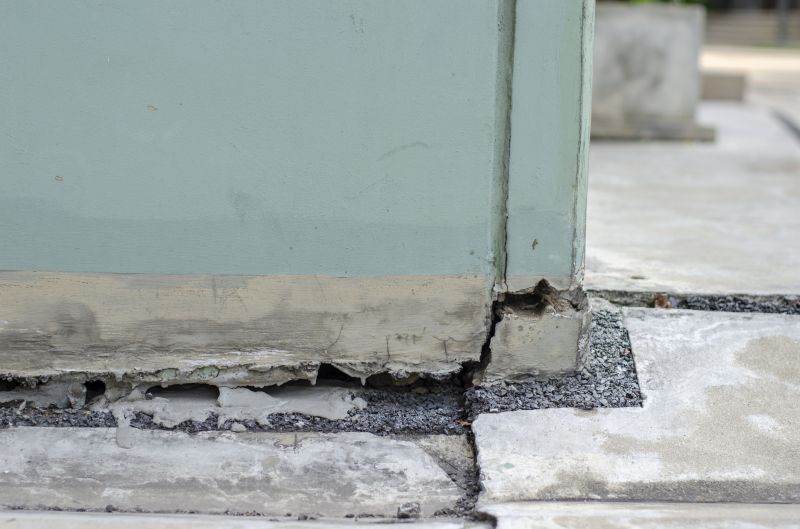
Timely repairs prevent further structural damage and maintain building stability.
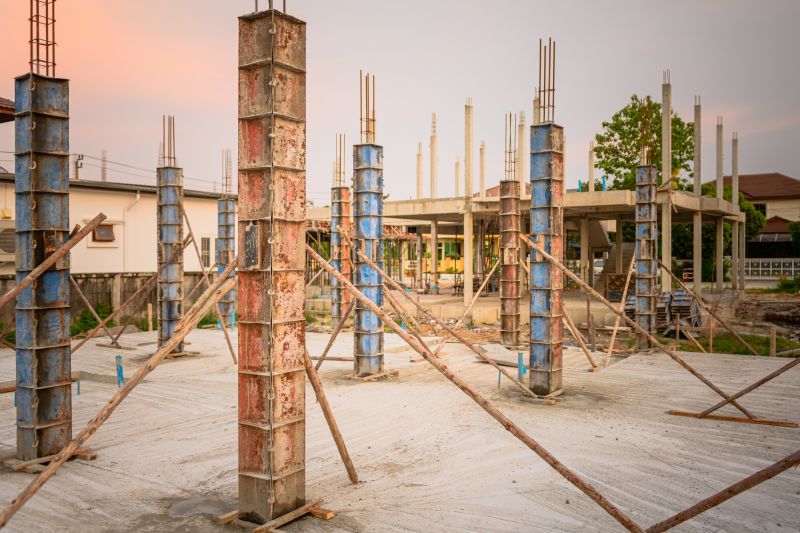
Proper timing ensures effective lifting and stabilization of the foundation.
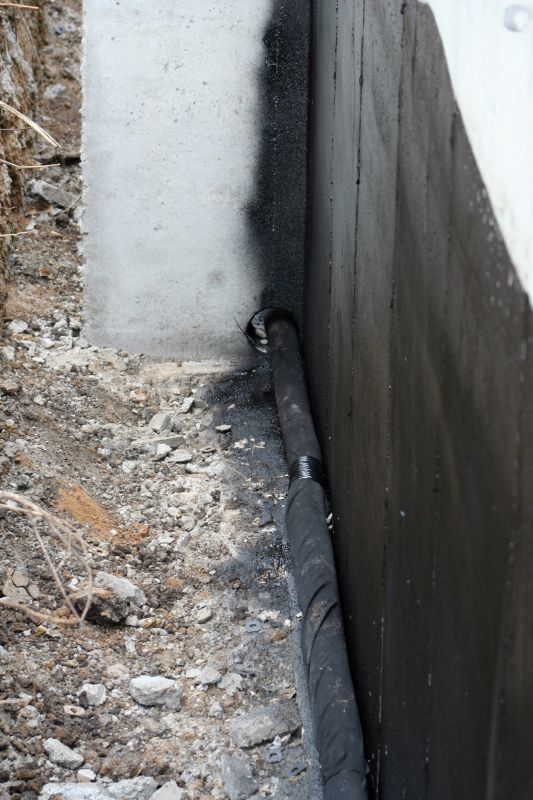
Addressing drainage issues during optimal seasons prevents future foundation problems.
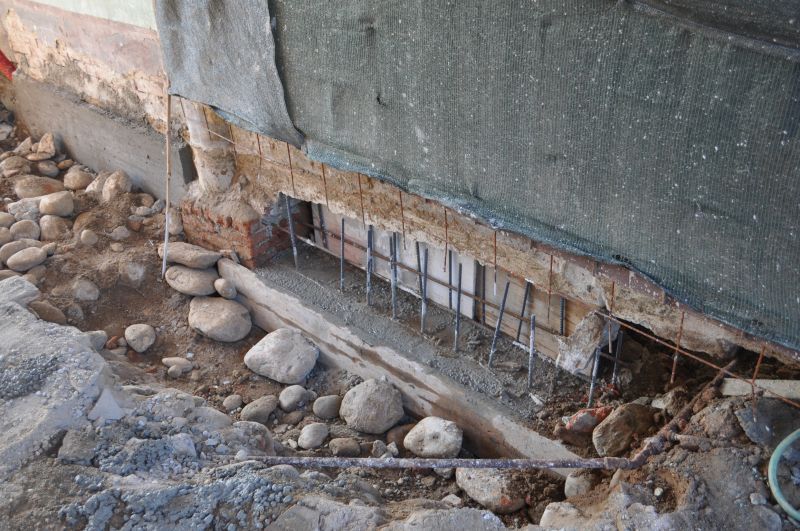
Scheduling during dry months facilitates excavation and underpinning work.
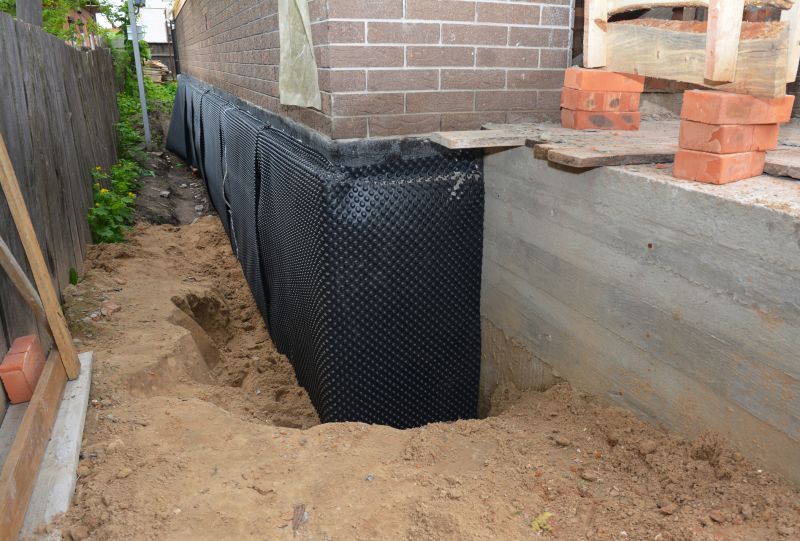
Ideal in dry seasons to prevent moisture intrusion and foundation deterioration.
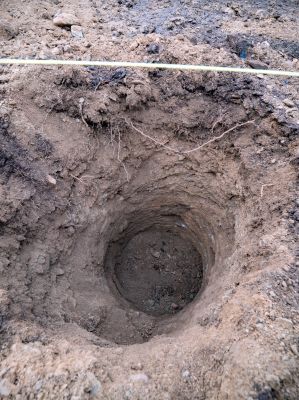
Best conducted during stable weather conditions for accurate assessments.
| Season | Ideal Conditions |
|---|---|
| Spring | Moderate temperatures, stable soil moisture |
| Summer | Dry weather, lower humidity |
| Fall | Cooler temperatures, dry conditions |
| Winter | Cold, frozen ground, not recommended |
Foundation repairs are a critical aspect of maintaining structural integrity. Proper timing can influence the effectiveness and durability of repairs. Seasonal conditions such as soil moisture levels, temperature, and weather patterns play a significant role in determining the optimal window for performing foundation work. Scheduling repairs during periods of stable soil and favorable weather minimizes complications and enhances long-term results.
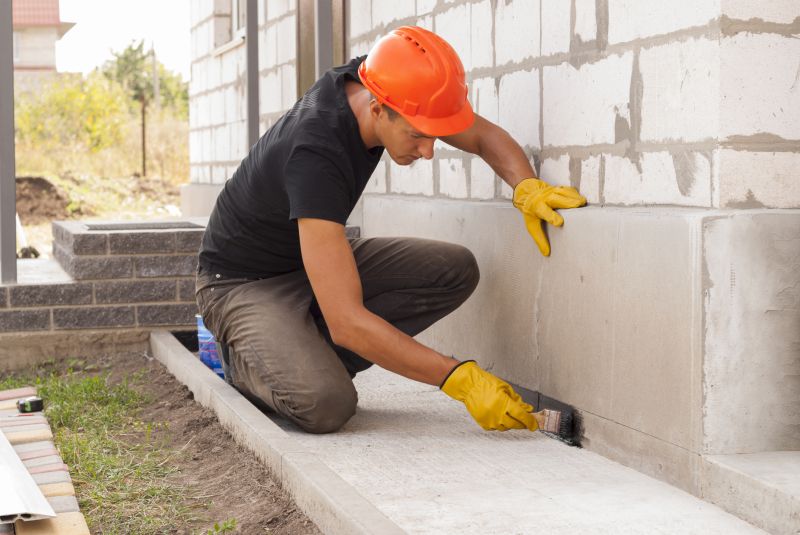
Sealing cracks during dry seasons prevents water infiltration and further damage.
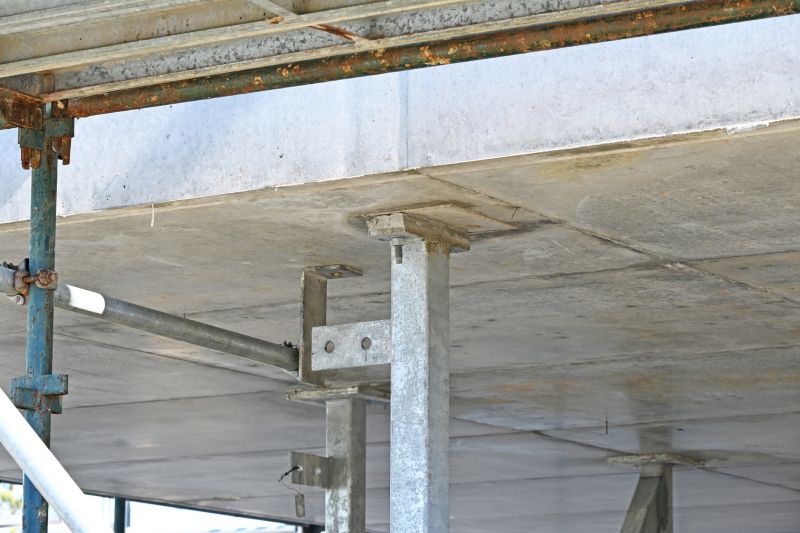
Timing repairs during stable weather ensures safer and more effective lifting.
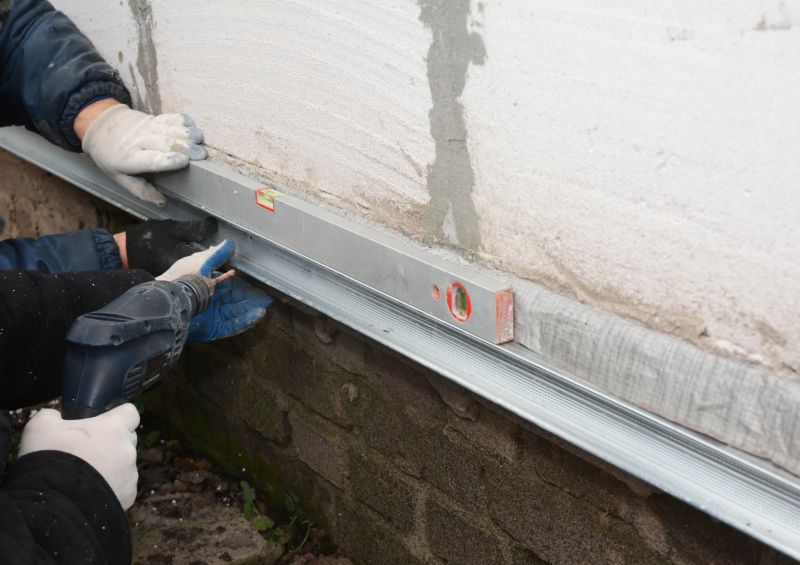
Proper soil stabilization is best performed when ground conditions are predictable.
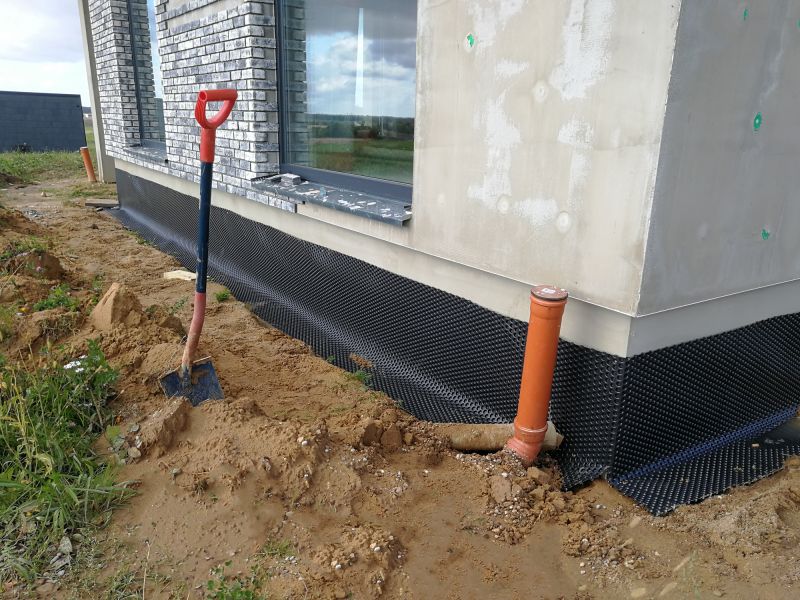
Installing drainage during dry periods reduces risk of water-related foundation issues.
Choosing the right time for foundation repairs can lead to better outcomes and longer-lasting results. Consulting with foundation specialists can help determine the most suitable schedule based on local climate conditions and specific site needs. Early intervention during optimal seasons can prevent costly future repairs and preserve the structural safety of the property.
Interested in foundation repairs? Filling out the contact form can provide more information and schedule an assessment to determine the best timing for specific needs.


